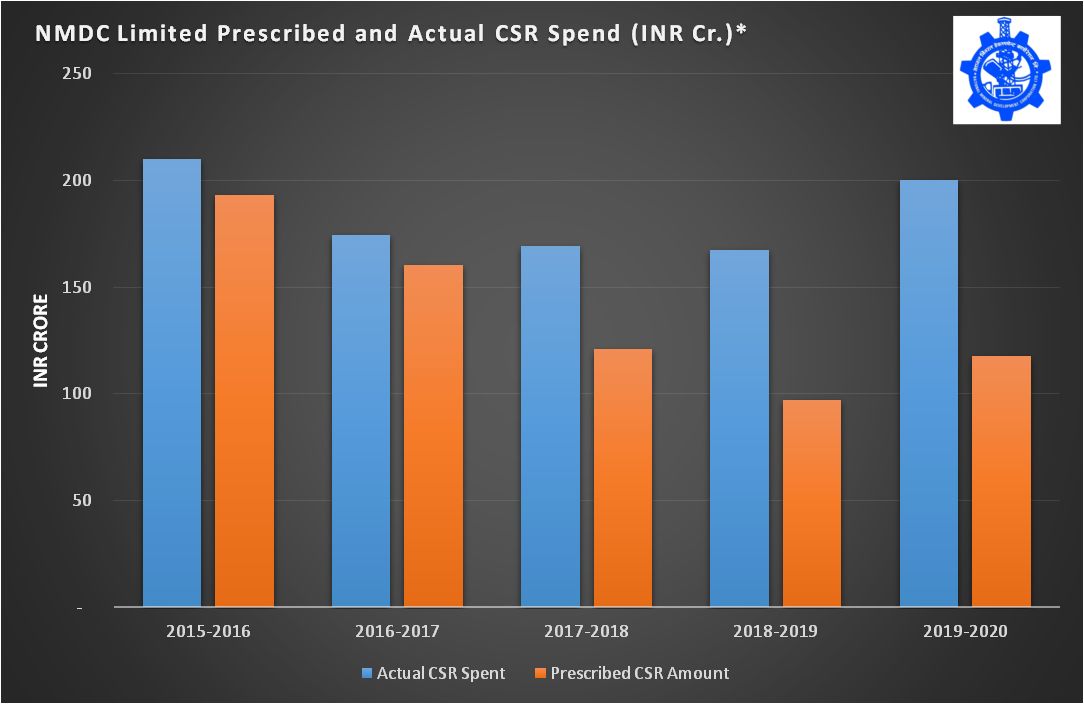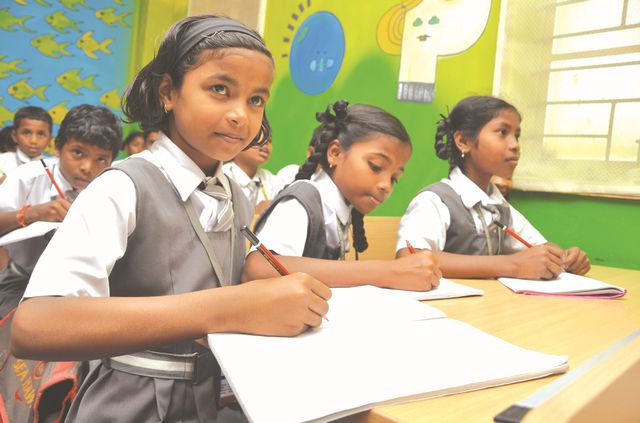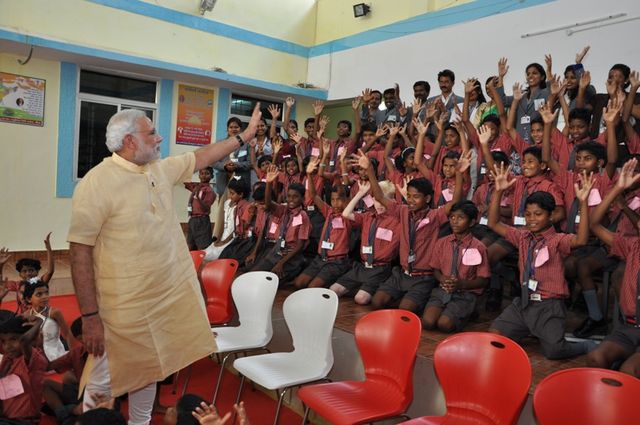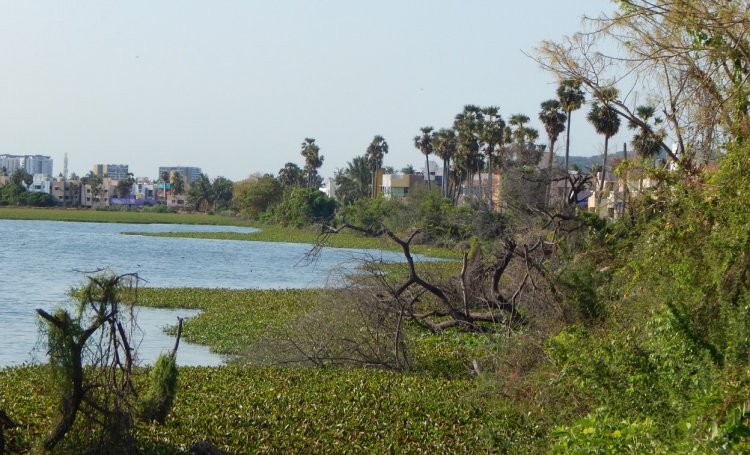VA TECH WABAG LIMITED (‘WABAG’), a leading pure-play water technology Indian multinational, has won the prestigious Global Water Award for its 45 MLD Tertiary Treatment Reverse Osmosis (TTRO) Plant at Koyambedu, Chennai.
The plant bagged the Distinction Award under “Wastewater Project of the Year” category. The TTRO plant is one of the Largest and Technologically most Advanced Water Reuse Plants in India designed and built by a consortium comprising WABAG and IDE Technologies for Chennai Metropolitan Water Supply & Sewerage Board (CMWSSB). The project marks a decisive step in the direction of municipal water recycling, thereby promoting an alternative and viable model for urban water governance.
The TTRO plant uses a multi-stage treatment scheme, including Rapid Gravity Sand Filters, Ultrafiltration, Reverse Osmosis, and Ozonation. Also, it is the first reuse facility in India to use Ozonation for disinfection.
The project will boost Chennai’s water resilience and sustainability in the wake of the city’s ongoing struggles with drought and water scarcity. The treated water from the plant caters to the water requirements of the industrial hub in South Chennai. The TTRO Plant will help free up over 16 million m3of freshwater each year, securing water supply for Chennai’s population of more than 10 million people.
The plant makes Chennai the first Indian city to reuse more than 20% of its treated wastewater.
Water Recycle & Reuse is projected to be the key growth driver, opening up major business opportunities in the time to come. Several states in India have come up with Reuse policies aiming at recycling 70% of Treated Waste Water by 2025 & 100% of Treated Waste Water by 2030, further providing impetus to the sector in India. Thus, it opens doors for WABAG for a multi-billion-dollar opportunity in Recycle & Reuse for Municipal – Industrial Partnerships, in line with the Government’s policies for the segment.
Disclaimer: This media release is auto-generated. The CSR Journal is not responsible for the content















